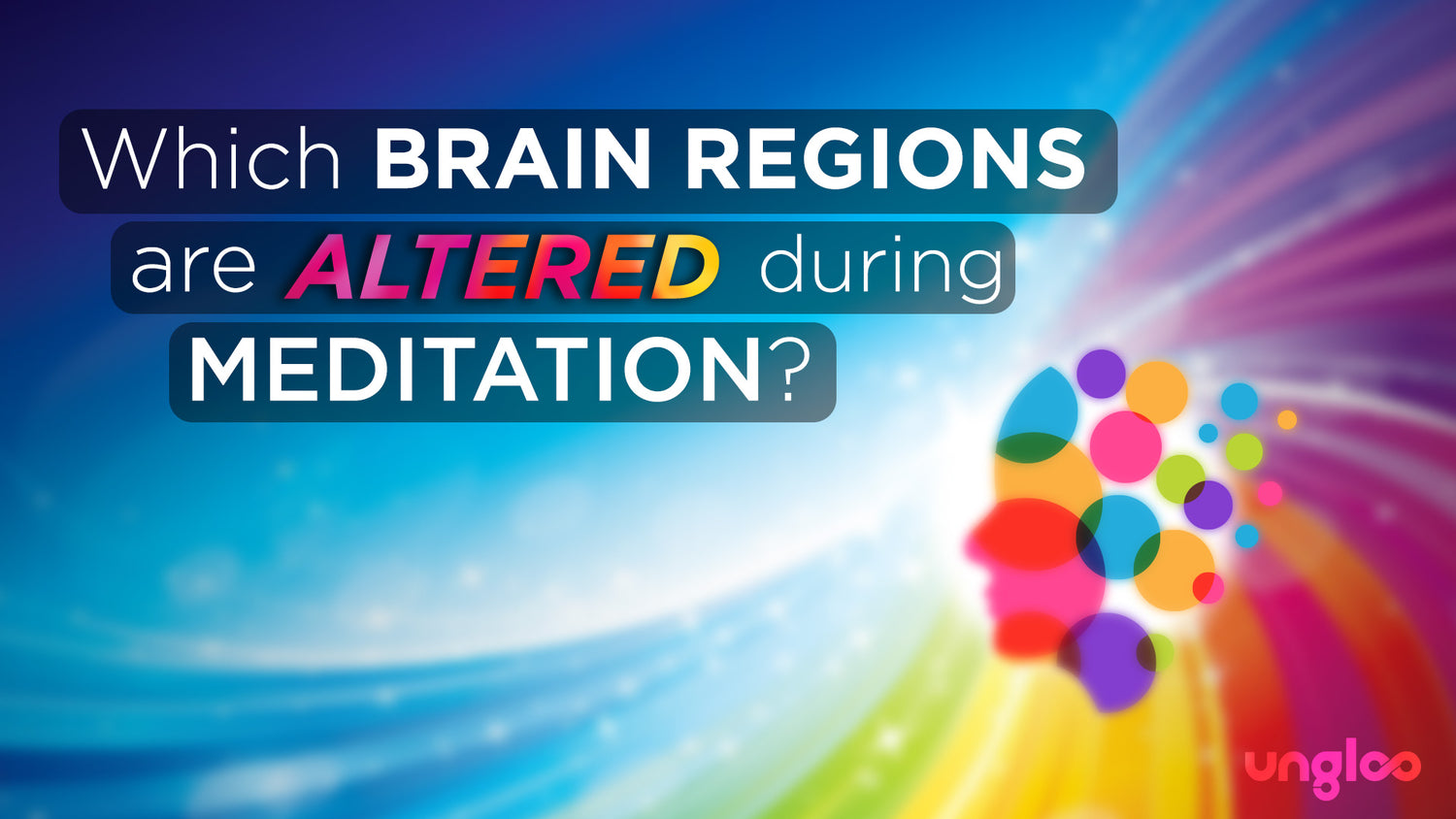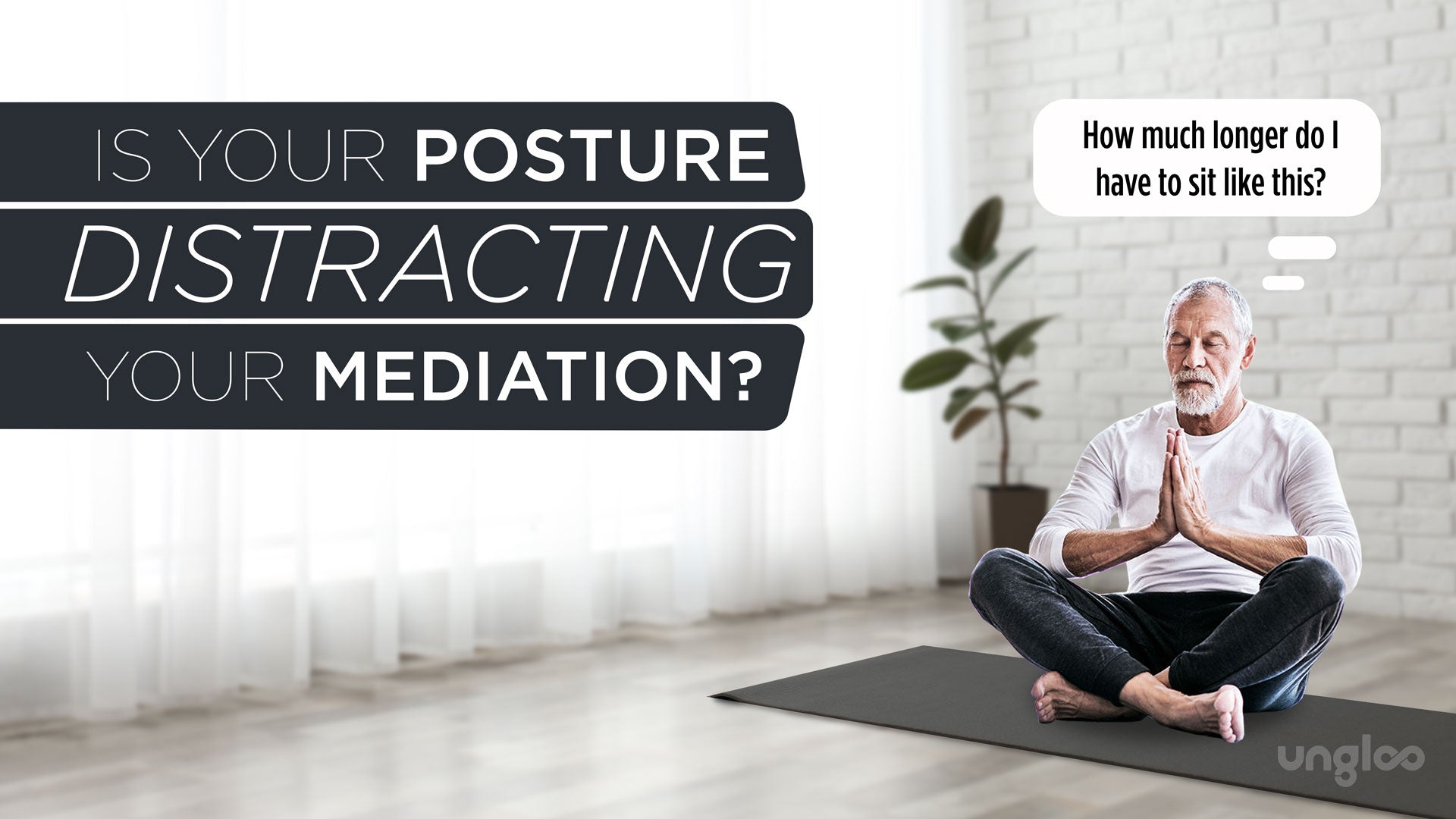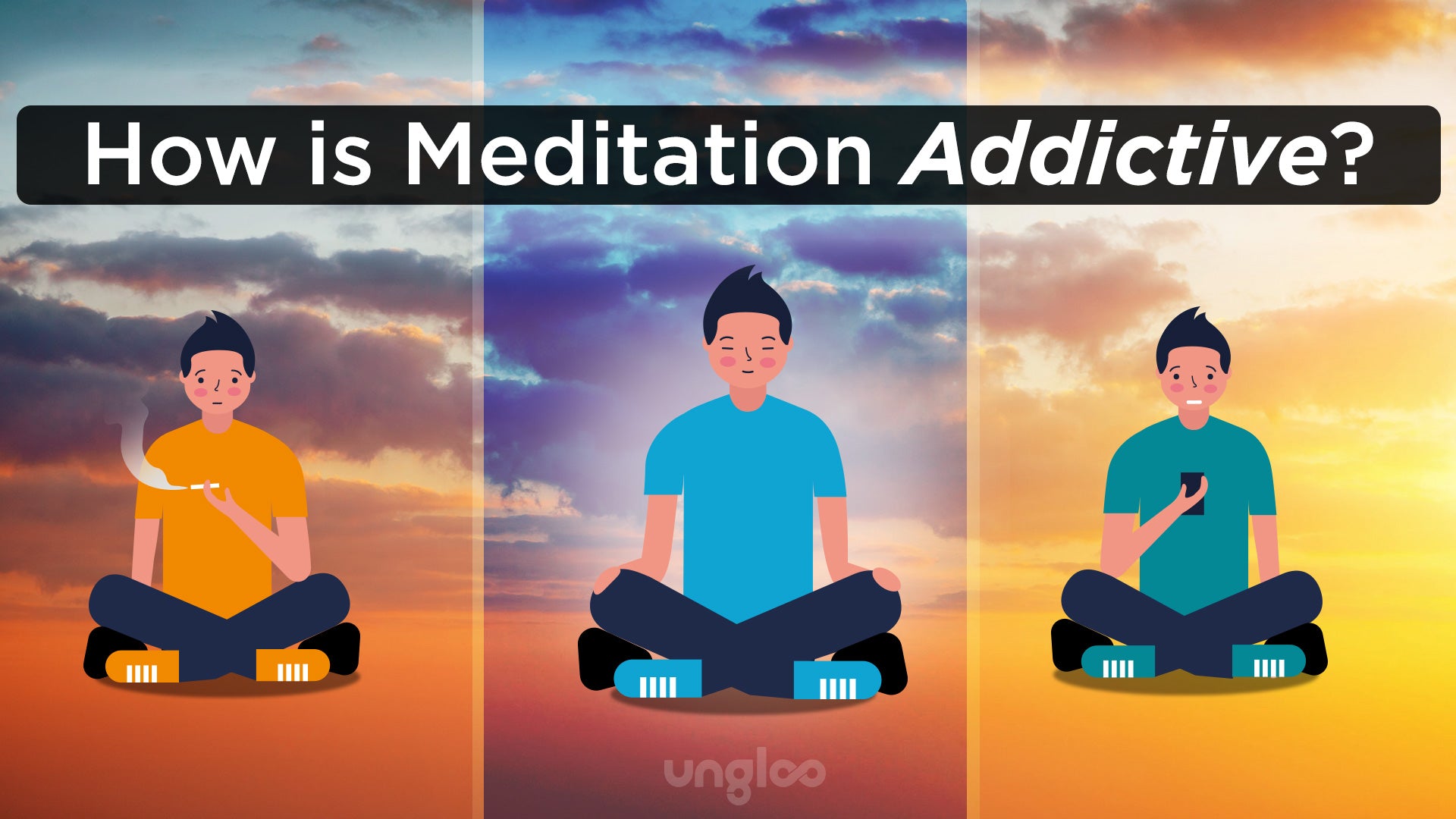Mindfulness meditation has gained growing interest in psychological research. Mindfulness is defined as the process by which one attends non-judgmentally to present moment experiences. This ability can be developed through meditation practice. Brain research has yielded global and local levels of difference in brain activity and connectivity related to meditation.
Meditation is a form of mental health exercise that has become quite popular in the US. There are many types of meditation and many different ways to do each one. The practice of meditation will vary for each individual. Some may meditate shorter periods of time each day while others meditate longer. Some may use a Meditation centered app while others may choose to meditate in silence. There is also no specific time of day that meditation has to be done. The choice of how, when and where will be up to you! Research for meditation has shown better brain health, in those who actively participate in meditation, for at least 8 weeks. Before we dive into the specifics of what this looks like, let's do a small review on the brain.
The Brain
The brain is a complex organ. It controls thought, memory, emotion, sensation, motor skills, vision, breathing, temperature, hunger and every process that regulates your body. The brain is an incredible thing. We literally could not be or function without one.
Using our brain generally comes naturally. It is a part of our everyday life. We wake up, move our body, go to work and perform our daily routine. We do not have to think hard to do these things. This is because these routines have become muscle memory. Our brain can perform familiar routines essentially on auto pilot. On the other hand, there are times when we intentionally have to use our brain. For instance when we need to think through a difficult dilemma or perform a hard task. For these times we want a strong focused brain capable of critical thinking. So we choose activities to strengthen our brain such as reading or thought provoking games. Meditation is another activity that a person can do to strengthen the brain as a whole. But what parts of the brain are actually changed during meditation?
While you meditate, many changes can occur in the brain. These can be changes that help your brain function better and changes that actually alter the brain's structure. These findings of changes in the brain are found using magnetic resonance imaging, also known as MRI. MRI’s are used to view the brain activity and changes that occur with repeat scans over a certain amount of time.
Gray and White Matter
So before we look at the regions of the brain that are altered during meditation, let’s discuss what gray and white matter are. The gray and white matter are similar as they are both essential sections of the brain and spinal cord. The gray matter is where the actual creation and processing of information takes place. The white matter is like the roadways where the information can be sent to the necessary parts of the body.
Findings suggest that long term meditators have structural differences in both gray and white matter. Some studies have shown that meditation is linked to larger amounts of gray matter in the frontal areas of the brain. More gray matter in this part of the brain can increase focus and emotional stability in an individual. Consistent meditation can lead to thicker gray matter in other areas of your brain that are responsible for compassion and self awareness.
Let’s take a closer look at the areas of the brain that are altered with meditation.
The Prefrontal Cortex
“The prefrontal cortex is a part of the brain located at the front of the frontal lobe. It performs critical thinking. It helps people set and achieve goals. It receives input from multiple regions of the brain to process information and adapt accordingly. The prefrontal cortex contributes to a wide variety of executive functions, including focusing one’s attention, predicting consequences of one’s actions, managing emotional reactions, planning for the future, and coordinating and adjusting complex behaviors.”
When a person actively exercises to build muscle and strength in their body, they don’t do it all in one day. There are days that your body needs to take a break, commonly known as “rest days’. This is one of the steps in how muscle growth is accomplished.
Our brains are constantly “working out.” Whether we are intending them to work on a certain task or just perform our daily movements, the brain is always in action. So the brain cannot take an entire day to rest the same as the body can. During meditation, the prefrontal cortex powers down helping you detach and relax. Much like those “rest days”. Now that the brain has taken time to switch off, even if only for a few minutes a day, it can build its muscle, or in this case increase its thickness. This helps the brain so that it can better do the job that it is intended to do.
The Parietal Lobe

The parietal lobe is a major interpreter of the sensory world around the body. In fact, the parietal lobe is a primary sensory area. This means it is the starting point of sensory processing within the brain. Some of the main functions of the parietal lobe are sensory processing and control of the body. Meditation helps you tune in to this part of your brain. When you meditate you focus on the sensations you feel and hear around you. Then you tap into your prefrontal cortex we talked about earlier to view the sensations non-judgmentally.
The Reticular
The reticular keeps your brain alert and helps you respond to situations. During meditation, the reticular activity slows down. Part of meditation is learning breathing techniques. These techniques help slow down the reticular to help us feel a sense of calmness.
The Amygdala

The amygdala is the part of the brain responsible for emotions such as stress, fear, and anxiety. Studies show that the volume of the amygdala decreases as individuals meditate. The volume of the amygdala decreasing is beneficial because it reduces those instances of stress, fear, or anxiety. You will still feel stress and anxiety at times however your ability to regulate these emotions will increase.
Some researchers at Wisconsin-Madison University took MRI images of Tibetan monks and discovered that meditation and resilience have a deep-rooted connection. The study shows that meditation helps the amygdala recover quickly from trauma or stress.
The Hippocampus

This part of the brain controls learning and memory. The hippocampus also plays an important role in emotional regulation, much like the amygdala. The brain structure of the hippocampus is altered during meditation through an increase of cortical thickness. Greater cortical thickness is directly related to enhanced memory recall. Do you ever have times where you are out walking or shopping and then you smell something familiar and it reminds you of another place and time? That’s the hippocampus doing its job! Those memory recalls play a big role in everyday life.
Meditation Practice
The ways the brain is altered through simple meditation is amazing. The key to obtaining these positive changes in your brain through meditation is consistent practice. Find a quiet place in your house where you are free of distractions and take a seat. If you start to lose focus, don’t beat yourself up. Just jump back in and try again. The important thing is to continue to do it consistently. Brain changes will not happen overnight but they will happen with practice. Through research, we know that the brain has shown the benefits of meditation in as little as 8 weeks. So find a quiet spot and experience these benefits of meditation for yourself.



